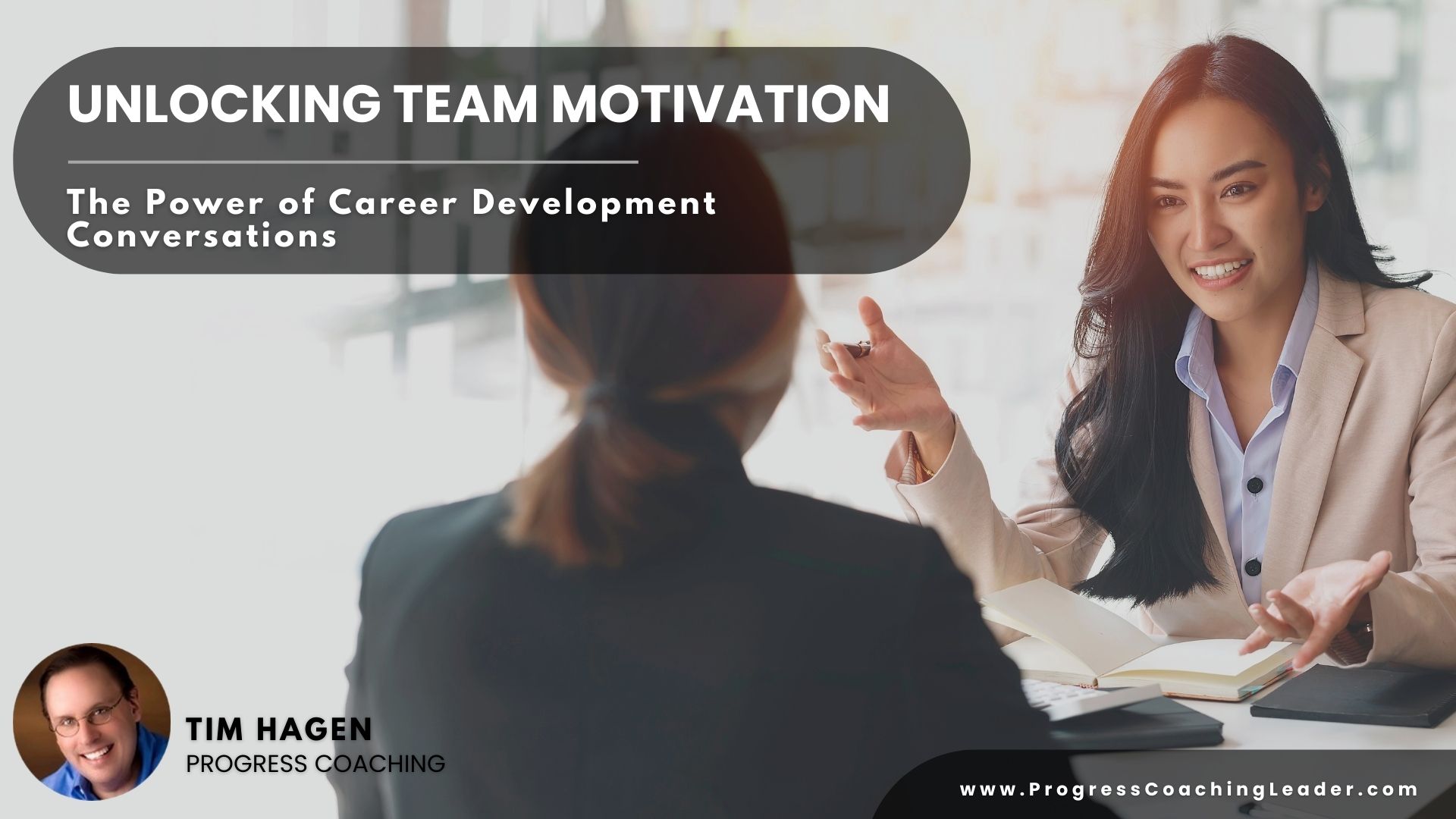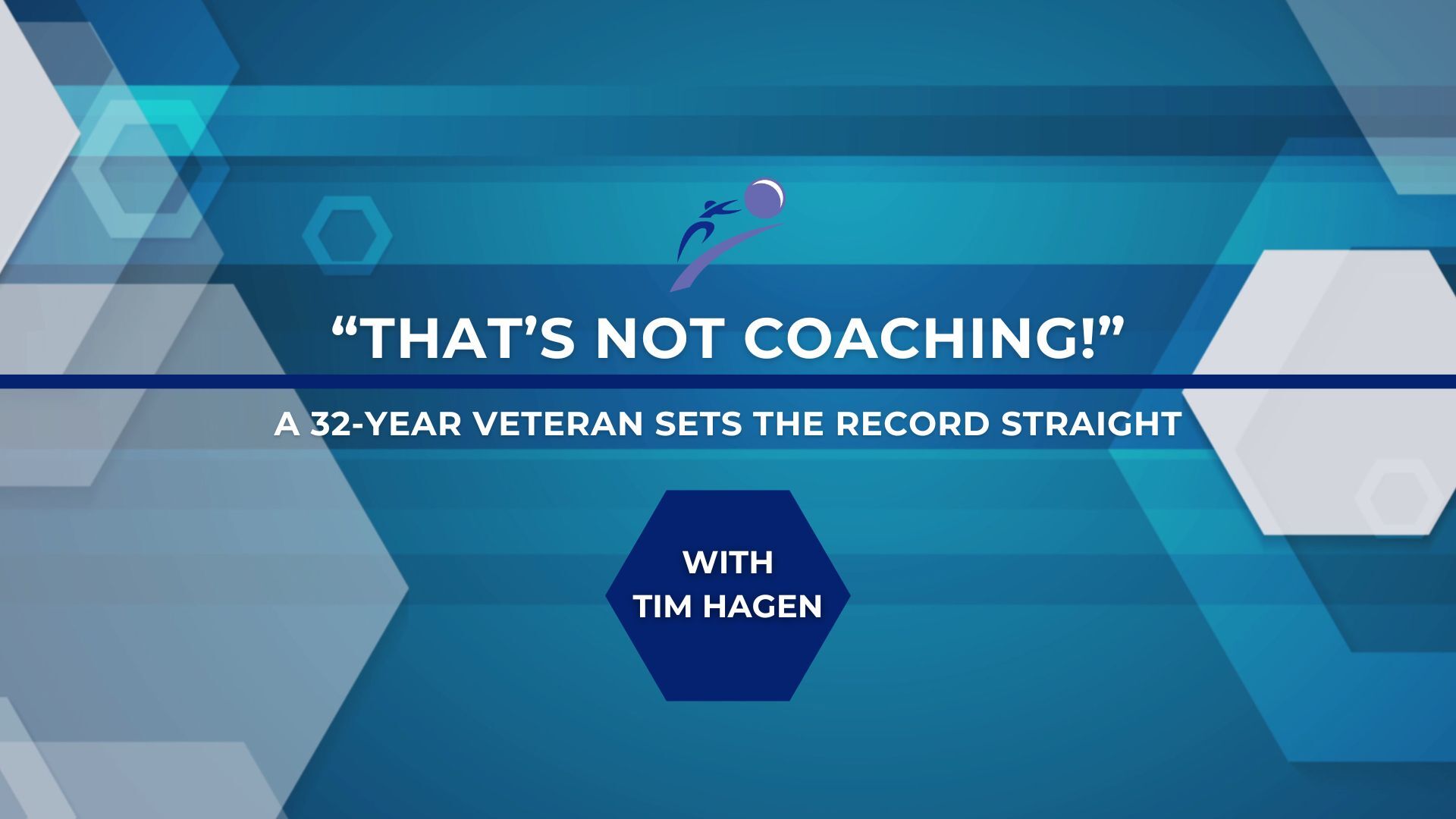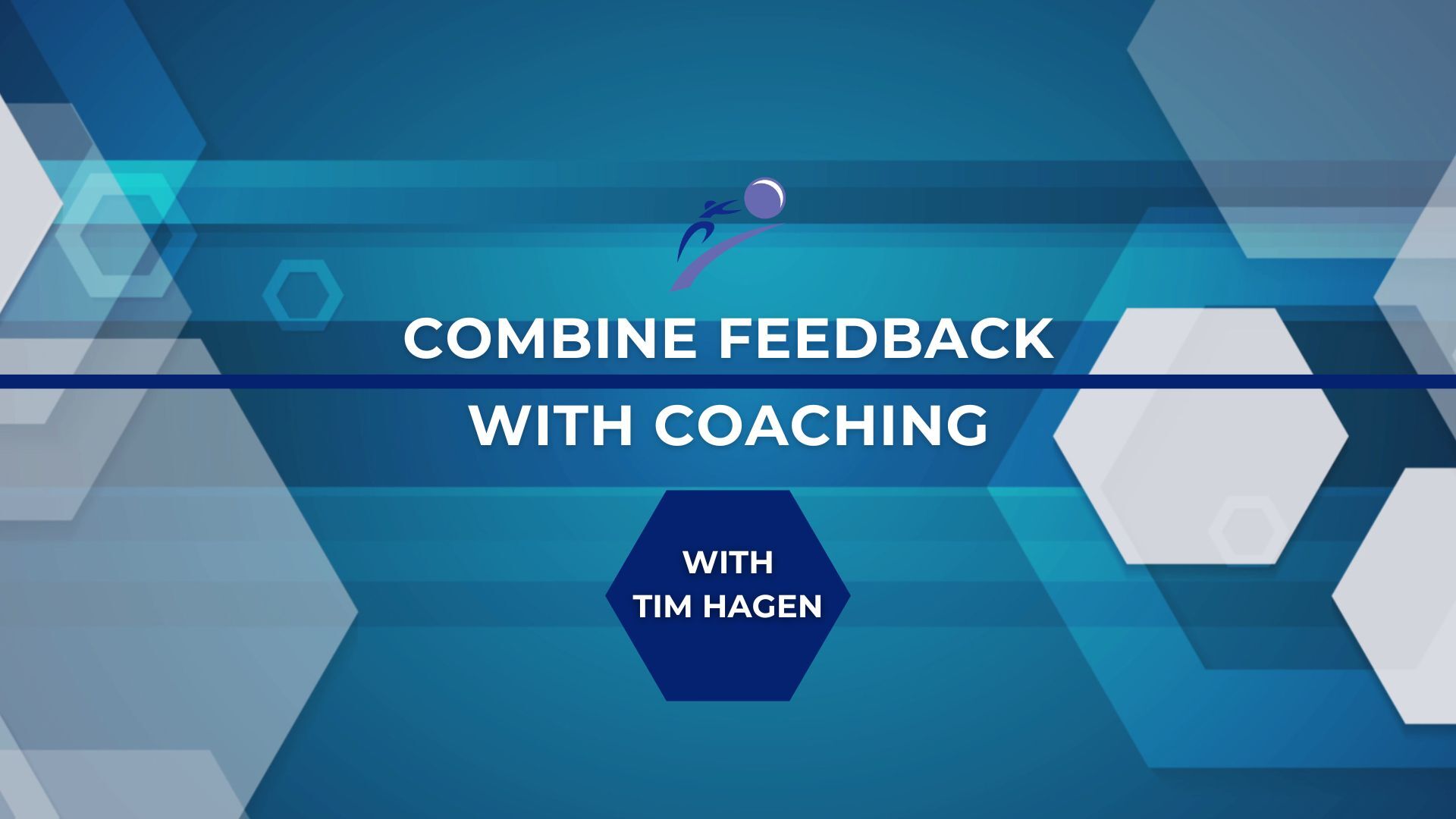The Power of Career Development Conversations
What if the key to a motivated team lies not in your hands but in their aspirations? You're about to discover the art of stimulating career conversations that ignite passion, foster development opportunities, and drive motivation.
With a startling 41% of employees seeking new jobs due to a lack of career development conversations, we delve into the power of understanding what truly motivates your team. Are you ready to transform your team's outlook?
We'll equip you with a set of potent questions, from 'What motivates you?' to 'What would you love to be doing?', that will not only help you understand your team better but also spark their imagination and fuel their drive to develop their career. Let's uncover the untapped potential of questions in shaping career aspirations, fostering motivation, and building stronger teams. Redefine leadership as we bridge the gap between current state and desired career paths, all while creating a positive ripple effect on your leadership brand.
When having coaching career conversations, we have to ask ourselves why.
McKinsey did a great study in Q4 of 2022, talking about career development and career coaching, that revealed 41% of people today in the workplace were looking for jobs due to low or a lack of career development conversations or career development opportunities.
It begs the question: how do we have these conversations?
We live by something here at Progress Coaching where we never ever try to motivate until you first understand what motivates. If I'm motivating someone to a job, and the person's not really into that role-- they find it merely okay but would rather become a future leader or work more with marketing or data analytics-- my efforts to motivate have fallen short. Even though my intentions were good, it didn't work because I didn't know what they wanted. I didn't know their WIIFT.
The WIIFT-- What's In It For Them?
If I'm coaching someone who wants to go into marketing and data analytics, and they're in a job they merely like (not love), the conversation could go as follows:
"Mark, assuming we do a great job in your current role and it positions us to tell a great story, how do you think that could manifest itself into an opportunity for marketing and data analytics?"
What that accomplishes is it ties both situations together. First and foremost, we have to understand what is the motivator, and we have to ask questions.
Here are some questions you can use:
What motivates you?
What does your end game look like?
What's your desired state?
What does your next move look like?
What would you love to be doing, and what would you like to be doing?
What would you like to potentially have taken off your plate that you wouldn't like to be doing?
Futuristically, get a snapshot of what they want or where they want to go as best you can. Sometimes, it takes multiple conversations woven together. With that being said, what that does is it presents a very unique opportunity, and that opportunity is to get them also thinking.
Questions trigger different responses and thought processes. Neurologically, it gets them thinking differently. If we approach someone and say, "Mark, if you do this job, you can get promoted." All the while, Mark is thinking to himself he doesn't even like this job, he doesn't want to get promoted, nor does he want to be a people leader. It's like two ships passing in the dark. My intentions may be great, yet it's not in congruence with where he wants to go.
Instead, rephrase the questions to this: "Mark, what do you love about your current job? What do you like about your current job? Potentially, what would you like to have taken off your plate as it relates to your current job?" If Mark replies, "I like my job, but I'm not sure there's anything I really love well," that means he's probably not going to be in that position for much longer. Then, when you ask, "What would you like to be doing, and what would you love to be doing?" now you can actually bridge that gap and build the bridge. That's when you create a more motivated employee in their present state, even though it's potentially not going to be for the long term. Yet, it creates a representation of your leadership brand.
We have to ask questions.
Questions to Determine Motivation:
What's your end game?
What motivates you?
What do you want to be doing?
What would you love to be doing you're not doing now?
What would you like to be doing that you're not doing as much of right now?
What these questions do is they give you an understanding, yet they also trigger their thought process. Questions are the key to understanding motivation and career development aspirations.
If you are looking for a way to strengthen your organization, ask about our Coaching Champion Certification program, where we take everyday employees and use everyday conversations to strengthen the organization's culture. Coaching Champions inspire and motivate others and professionally challenge those who struggle with positivity.
Get More info Here: click here





